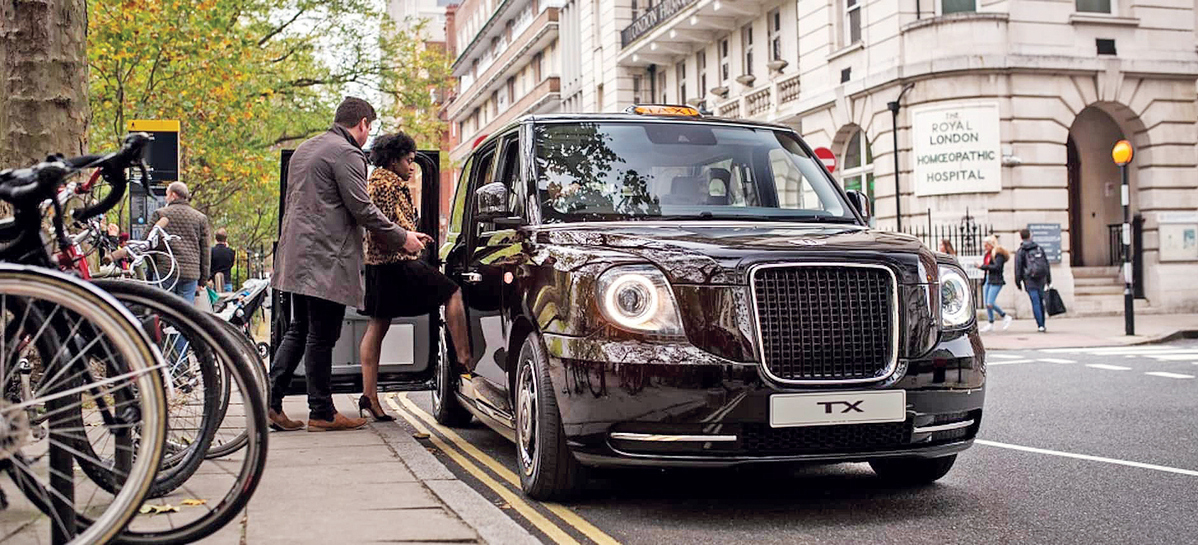Will Brexit park the UK's electric vehicle industry?


But more recently, momentum seems to have slowed. Out of 17 major electric vehicle production investments made by automakers during the last 12 months, none have gone to Britain, according to the EFT&E. Ten investments, totaling 21.7 billion euros, have gone to China. The remaining seven, totaling 3.2 billion euros, have gone to France and Germany. The largest investment came in November when China-based Anhui Jianghuai Automobile Group and Volkswagen announced a $10 billion deal to build electric vehicles in China.
In February, BMW announced an agreement with Chinese manufacturer Great Wall Motor to build the electric Mini in China.
Volkswagen, Daimler, and Nissan have provided the bulk of the investment in China, driven by the country’s ambitious electric vehicle policy, which effectively stipulates that 10 percent of new car sales must be low-emission vehicles from 2019.
“What they have in China compared to Europe is a very clear regulatory framework, which creates certainty for investment and predictability of the electric vehicle market,” said Poliscanova. “And this is why companies are pouring investment into China, because they know that there will be demand for those vehicles in the market.”
By 2040, Britain plans to ban the sale of non-hybrid cars and France will ban the sale of cars with combustion engines. But installing an industrial policy similar to China’s quota system would be challenging for Germany, France, and Britain where the traditional car industry is entrenched, according to Christof Engelskirchen, managing director of consulting at European automotive data provider Autovista Group.
“If we take Germany as an example, there are a lot of jobs tied to the traditional powertrain industry,” Engelskirchen said. “Everyone knows those jobs will disappear during the next 20 years or so, as the industry moves away from traditional powertrains, but governments need to find the right balance. They can’t punish those companies producing internal combustion engines, as this technology is what pays for all of the investments in electric.”
The EFT&E estimates that, by 2030, a quarter of European jobs in automotive manufacturing could be lost if electric vehicles are imported, rather than manufactured on the continent.
UK think tank Green Alliance says creating a strong domestic market is critical to growing the UK’s electric vehicle manufacturing. To support this, the organization has called for the UK government to bring forward its ban on new fossil-fueled vehicles, to 2030 from 2040.



































